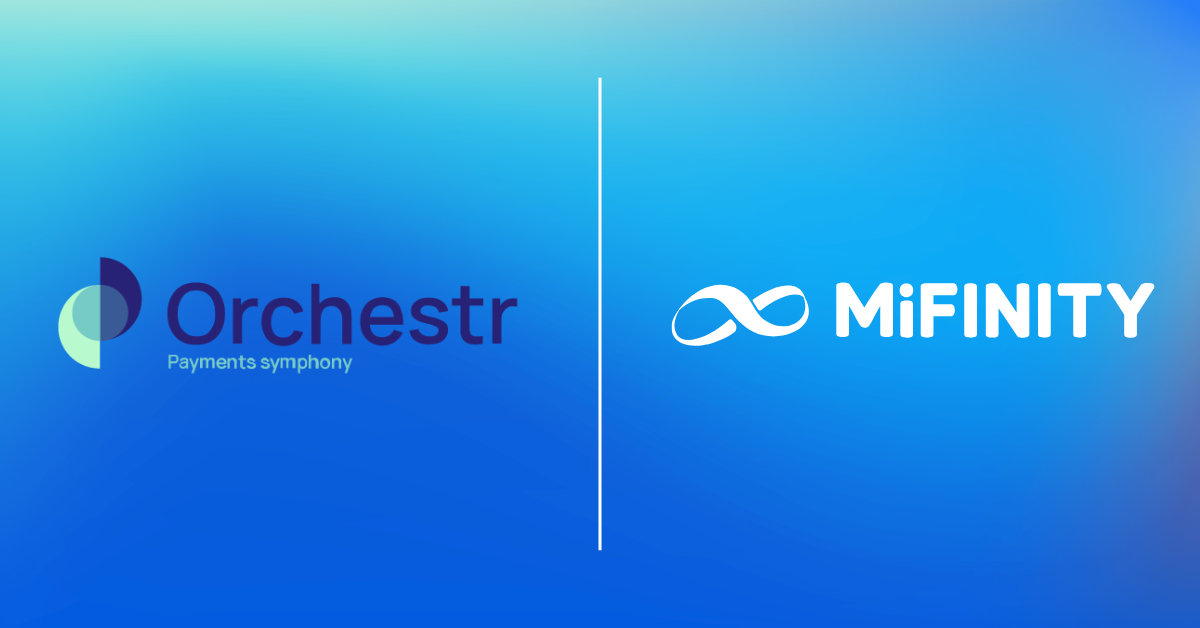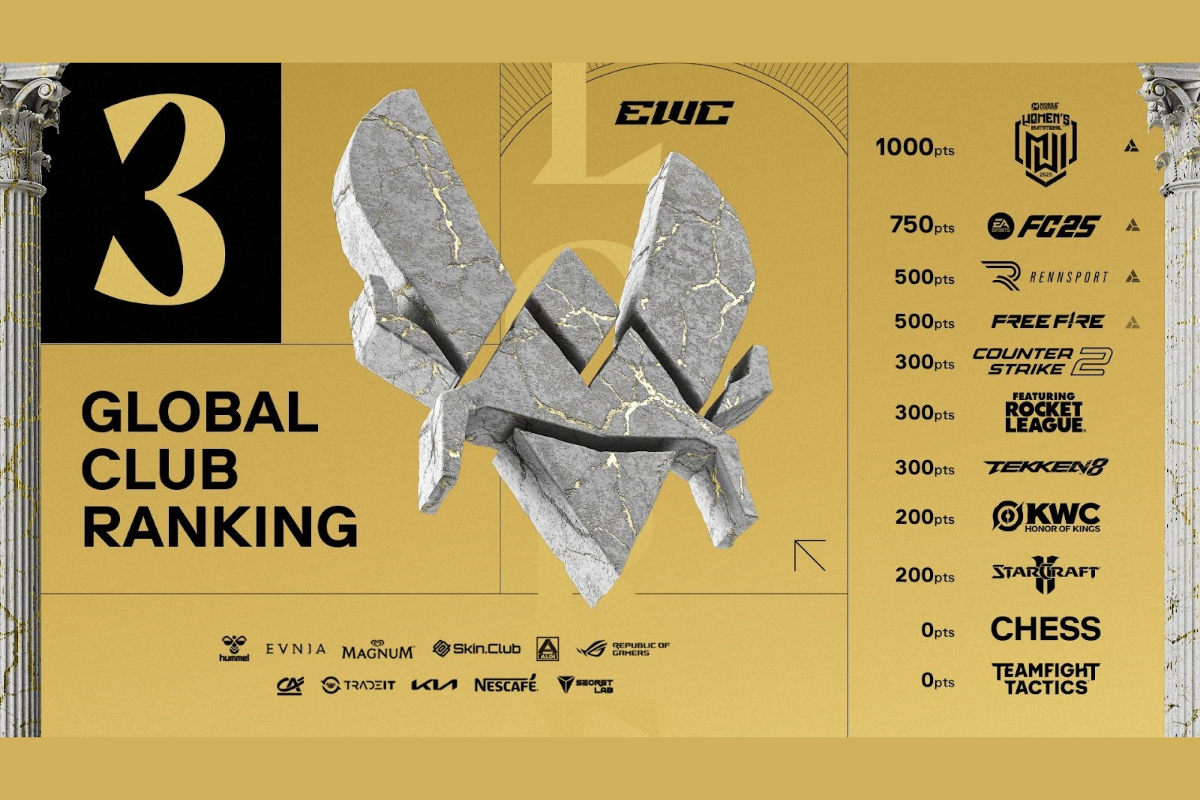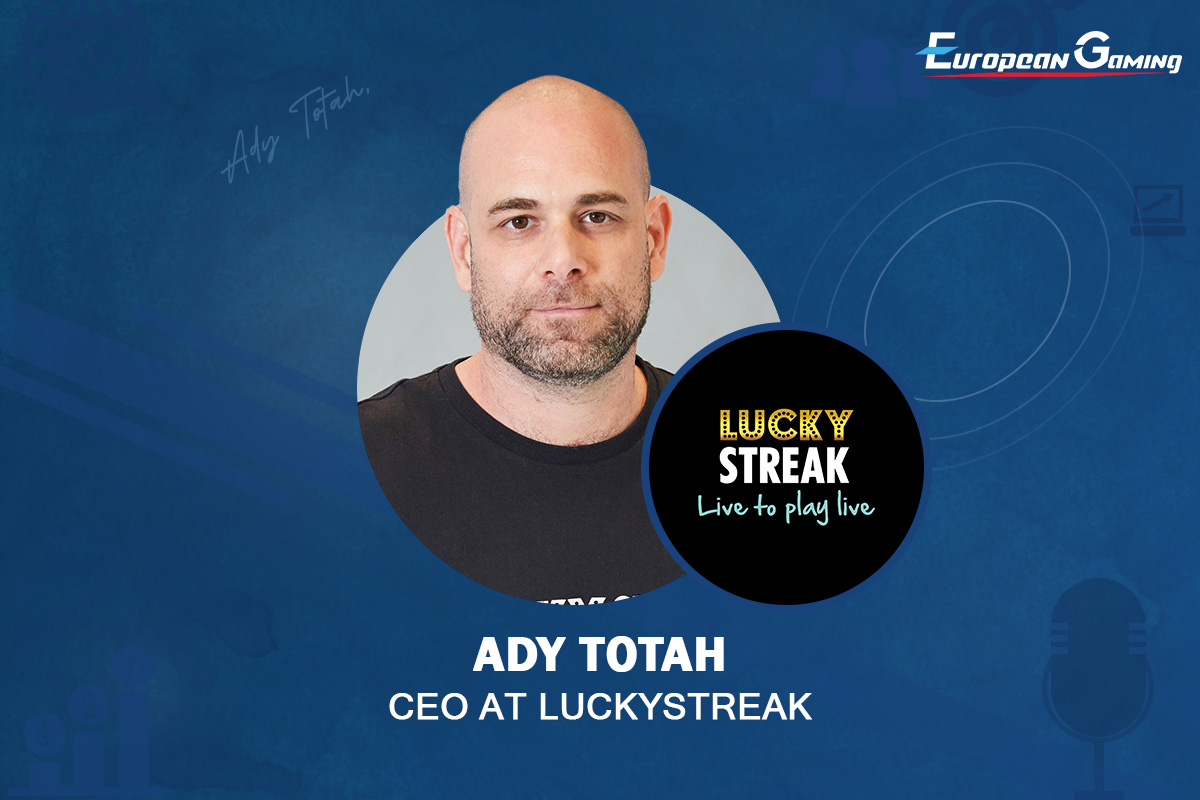Latest News
What USA needs to learn from European gambling
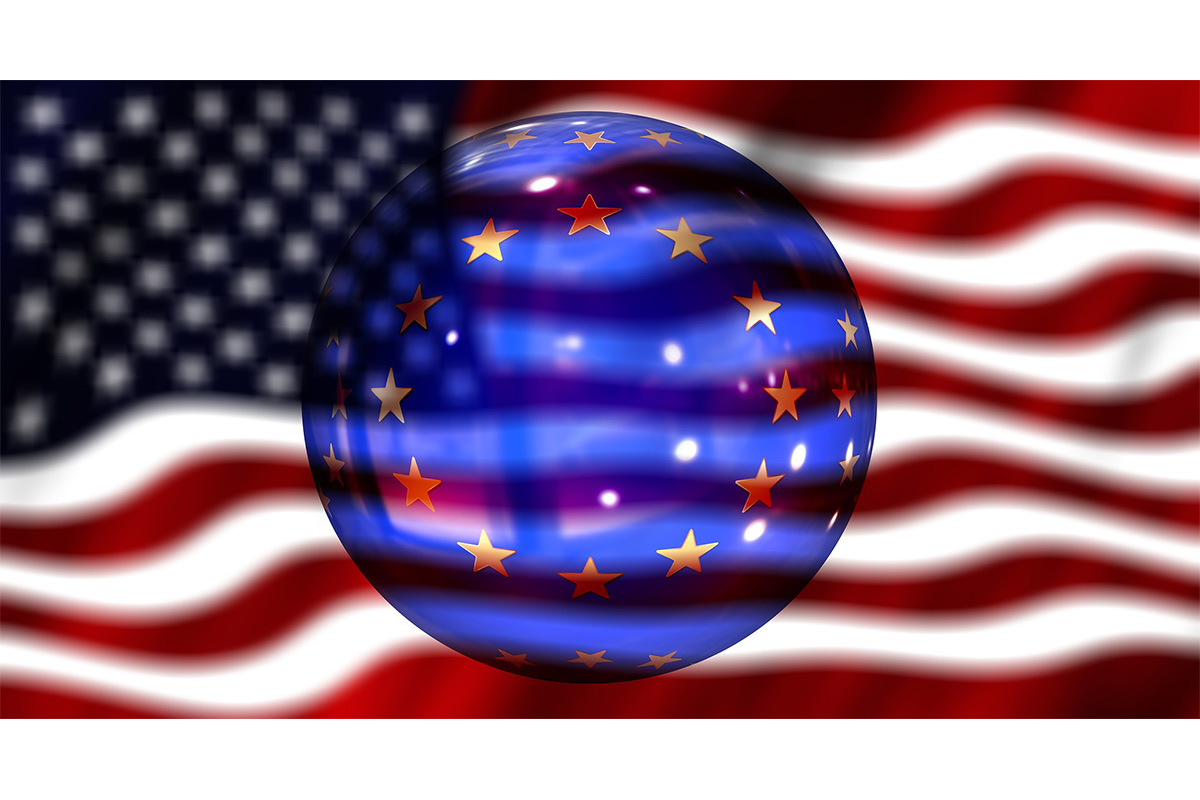
The US and European markets are diverse: one, well established with decades of operational and regulatory experience, the other, on the cusp of what’s hailed as the new digital gold rush.
As the birthplace of online casinos and sportsbooks, European jurisdictions and operators have perfected the online gambling experience and regulatory framework through decades of experience. While, in the USA, the first state launched legal NJ online gambling in 2013, with the latest state, Connecticut, going live just two weeks ago. Previously, onshore gambling was not permitted, and offshore casinos proffered their services to US customers.
With gambling revenue now flooding into several states (the iGaming market was worth $2,178.29 million in 2020) and more looking to legalize, discussing what the US market can learn from Europe is a key discussion point.
US casinos vs Europe casinos
The US gambling market is highly complex. In each state that has legalized the activity, there is an individual regulatory body, set of rules, and licensing procedure, with each operator and supplier requiring state-by-state licensing. While there are some similarities across the board, such as all gambling states linking licenses to land-based casinos (only land-based casinos can apply for gambling skins; hence online operators must partner, then apply), there is no standardization procedure, and implementation times depend on each licensing authority.
This means breaking into the US market is challenging for operators and suppliers, with most starting in the largest market, New Jersey, before expanding to other states, creating a bottleneck.
As a result, US online casinos are smaller than European sites, with game lobbies maxing out at around 10000 titles and usually featuring no more than a handful of suppliers. The newest, launching with as few as 100 titles. In contrast, Europe has mega gambling brands (only a few of whom currently operate in the US, like 888 and Betway), with thousands of licensed suppliers and operators, meaning the only restriction of the size of online casinos is the operator’s budget, not availability. This also leads to more innovative European online platforms that pioneer the latest gaming and player trends, like VR casinos and gamification.
The most important lesson that the US can learn from Europe in this respect is how to scale the market, allowing standardization of gambling regulations and potentially even licensing agreements across states (similarly to how the UKGC worked in EU gambling jurisdictions, pre-2015). This would facilitate the quicker implementation of licenses for operators and suppliers, allowing the market and products to grow faster in a more innovative and competitive setting.
Marketing strategies
European and US gambling marketing strategies are quite different. In the USA, Gambling advertisements are protected under the first amendment, so as long as the details advertised are correct, there’s no issue. There is also the widespread practice of sports sponsorship, making the market very visible.
European jurisdictions used to be more open to gambling advertisements, but things have changed drastically over the last five years, with markets like the UK strictly controlling the content and placement of gambling advertisements, even banning it during sports events, and removing sponsorship logos from kits. For the most part, these changes reflect a firmer stance on responsible gambling: not excessively advertising or tempting players, not placing advertising where underage gamblers can access them, and not using bonus terms unfairly to misconstrue deals.
The fact that EU markets have moved from a more liberal marketing stance to a more controlled one, based on responsible and fair gambling measures, means there’s a lesson to be learned here from a player safety perspective.
Legislation differences
We touched a little on regulation when looking at the differences between US and EU casinos, but what we didn’t cover is that the land-based casino – online skin licensing system puts a total cap on the gambling market in each state. This doesn’t exist in Europe and leads to a much tighter regulatory approach as there are fewer licensee holders, making new measures easier to implement.
In contrast, the European market isn’t capped in numbers, leading to a more competitive and innovative market, but one that is ultimately harder to control. Many argue that we are now seeing the effects of this, with different European markets hastily implementing renewed measures (like the UK and German jurisdictions limiting spin speeds on slots, bonus sizes, advertising, and other factors) that forget online gambling is a source of entertainment and make a return to offshore options more tempting for players.
As you can see, there are both advantages and disadvantages to the differences in the regulatory approaches. Ultimately, with similarities in the cross-border market makeup, the US should use Europe as a test case, examining what works and what doesn’t for best practice, aiming to build a robust gambling industry that keeps players gambling safely and onshore.
-

 Latest News7 days ago
Latest News7 days agoSlovakia Publishes Groundbreaking Report on Illegal Online Gambling
-

 Africa5 days ago
Africa5 days agoTanzania Gaming Board Warns Families About Risks Posed by Betting on PlayStation Games
-

 eSports7 days ago
eSports7 days agoLim “Ulsan” Soo-hoon Fights off the Competition to Reign as TEKKEN 8 at 2025 Esports World Cup Champion, Securing Back-to-Back EWC Titles
-
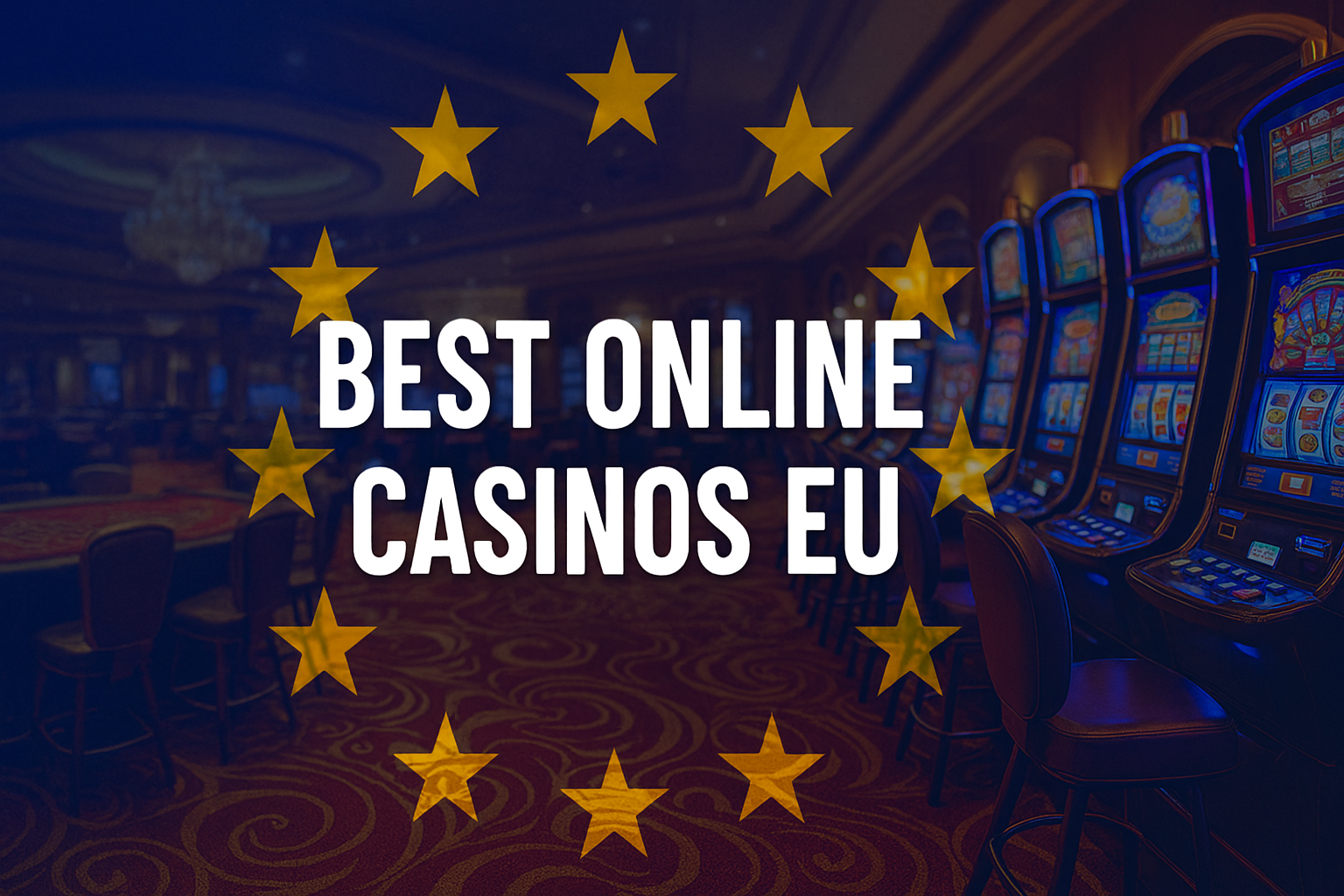
 Latest News7 days ago
Latest News7 days agoBest Online Casinos in Europe | Listed Top 10 European Casino Sites for 2025
-
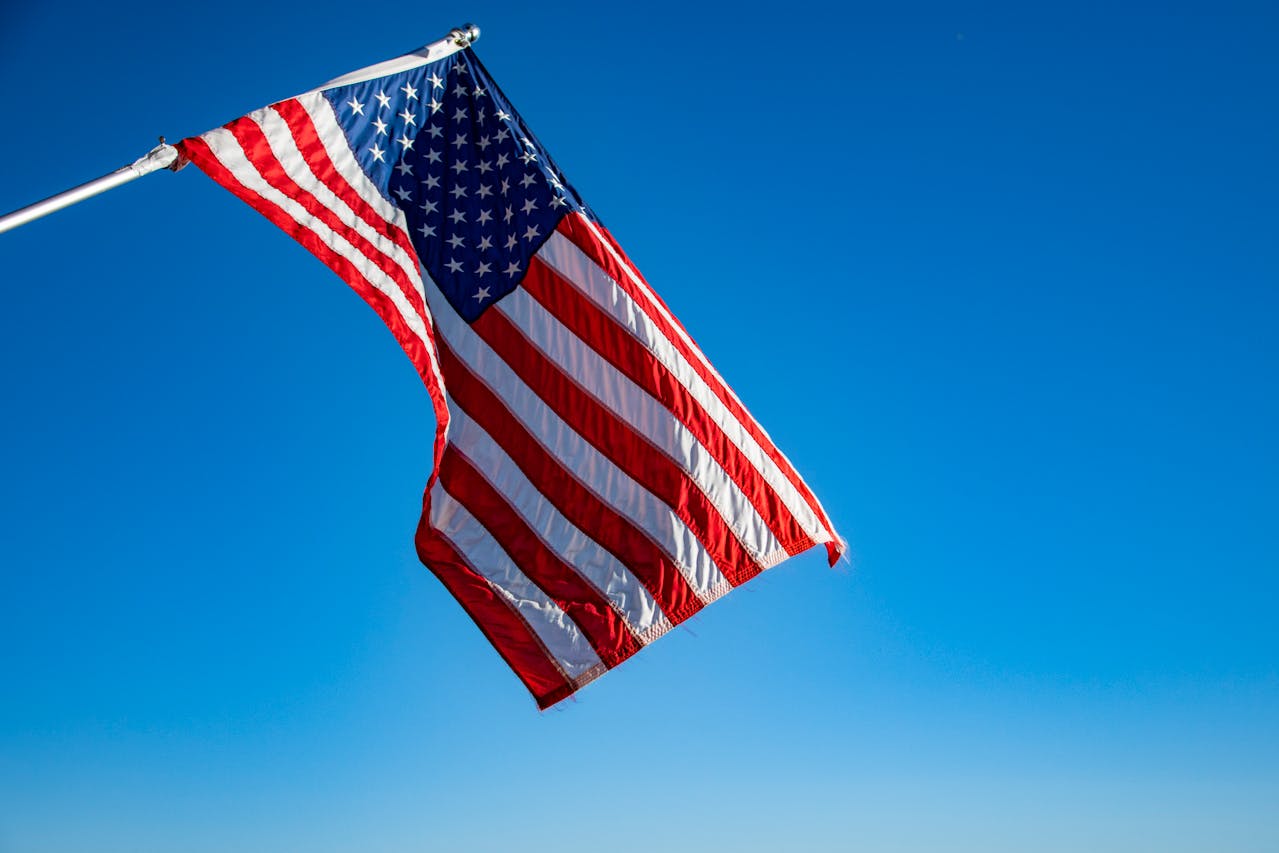
 Latest News6 days ago
Latest News6 days agoBest Gambling Sites For US Players: Top Real Money Online Casinos 2025
-

 Latest News7 days ago
Latest News7 days ago7777 gaming teams up with Winpot to enhance online casino experience in Mexico
-
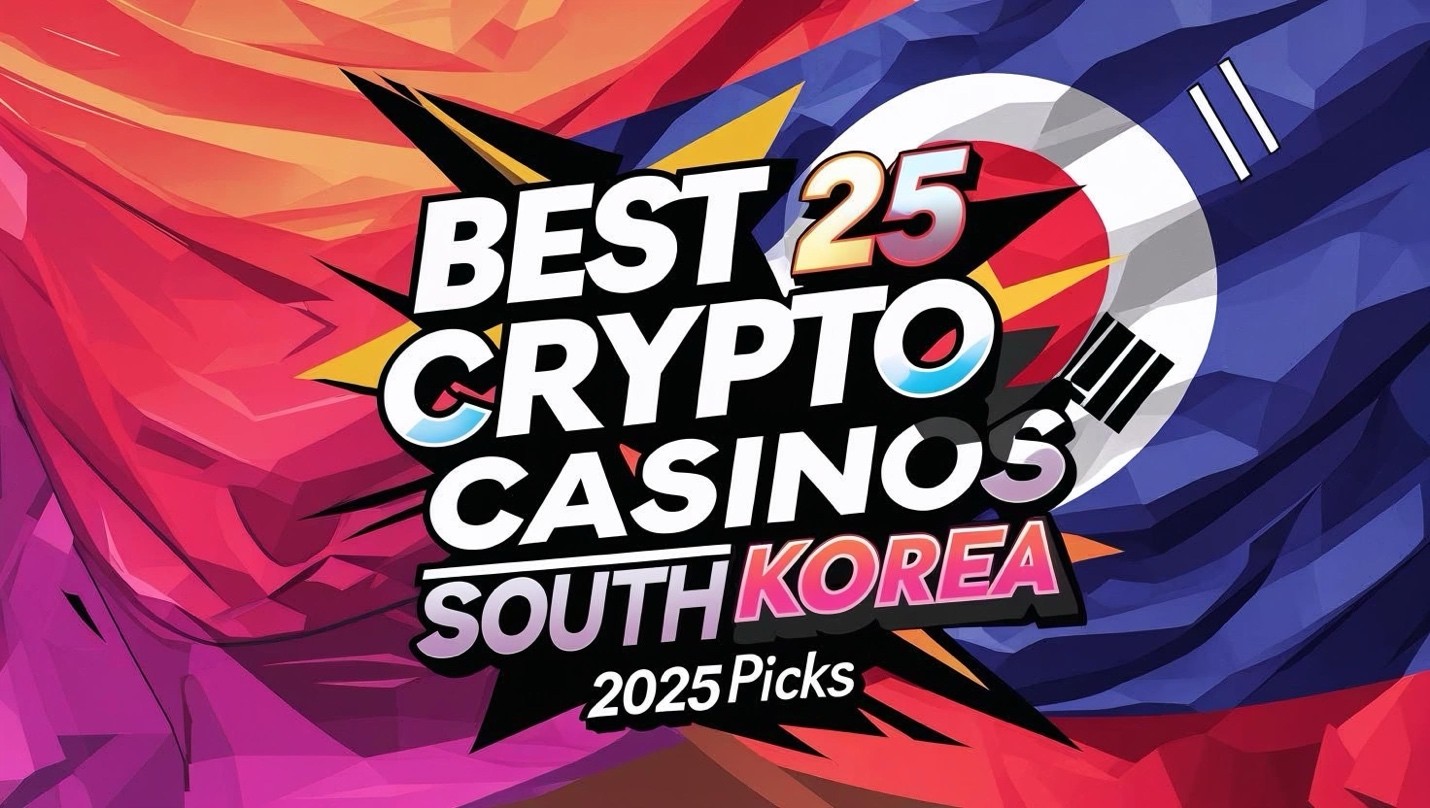
 Latest News6 days ago
Latest News6 days agoBest 25 Crypto Gambling Sites & Casinos for South Korea 2025 Picks
-
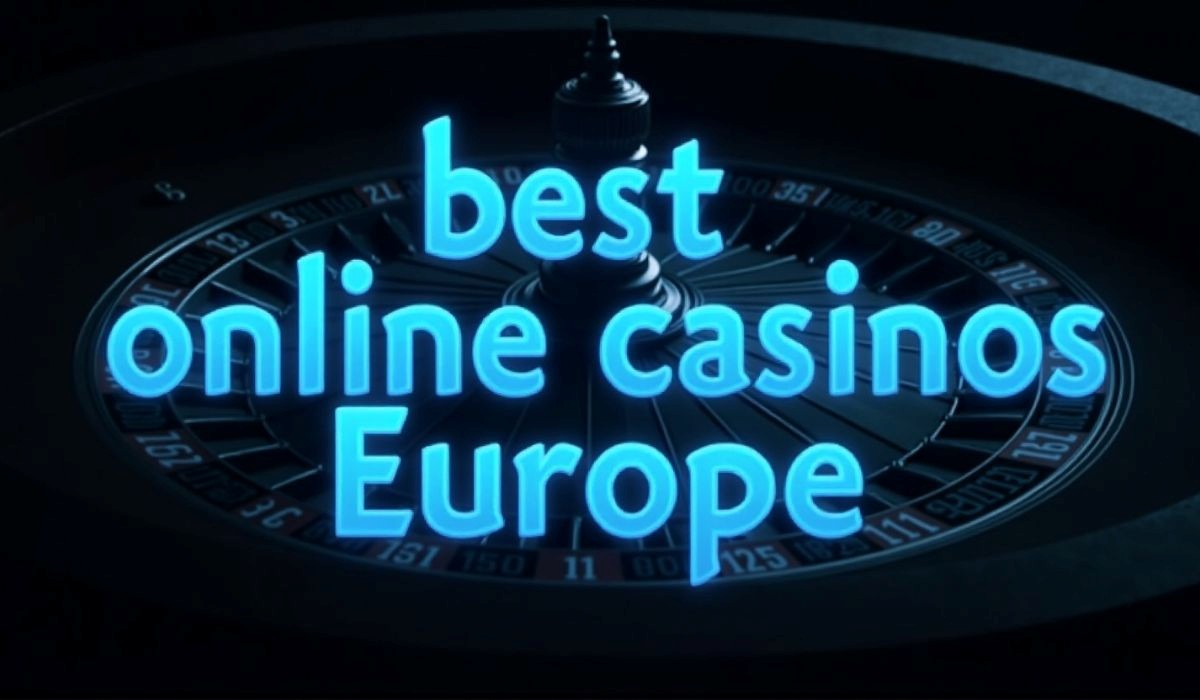
 Latest News5 days ago
Latest News5 days agoBest Online Casinos in Europe for 2025 – Top 10 European Casino Sites For Real Money











